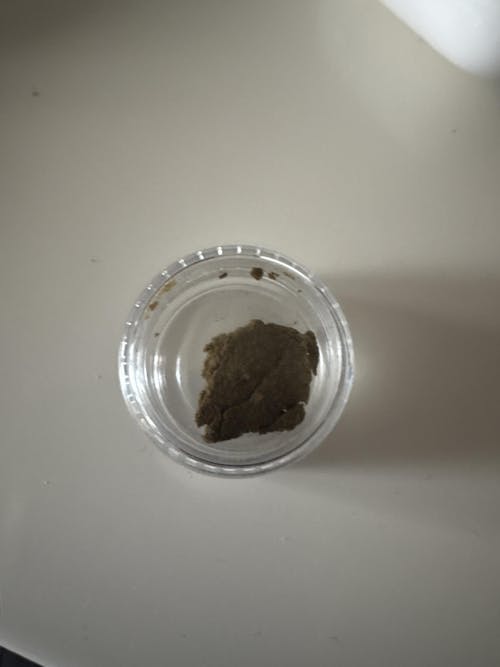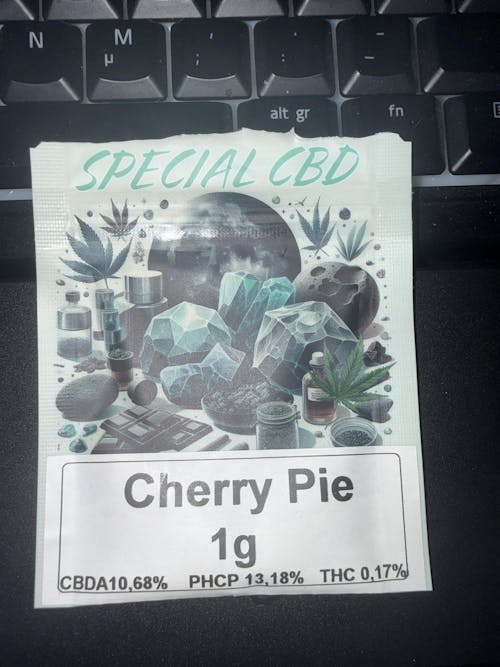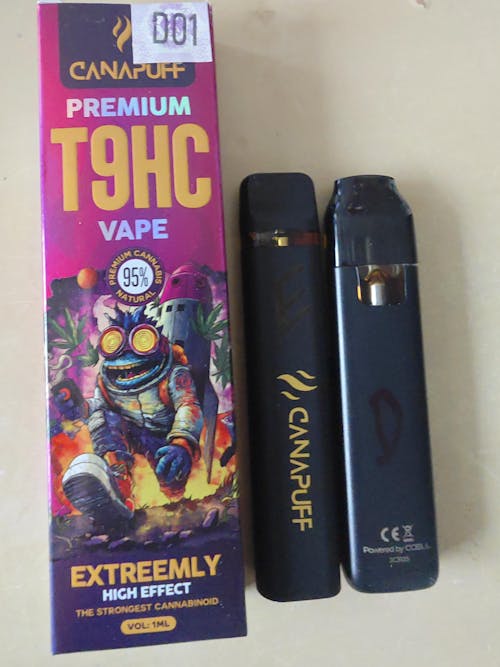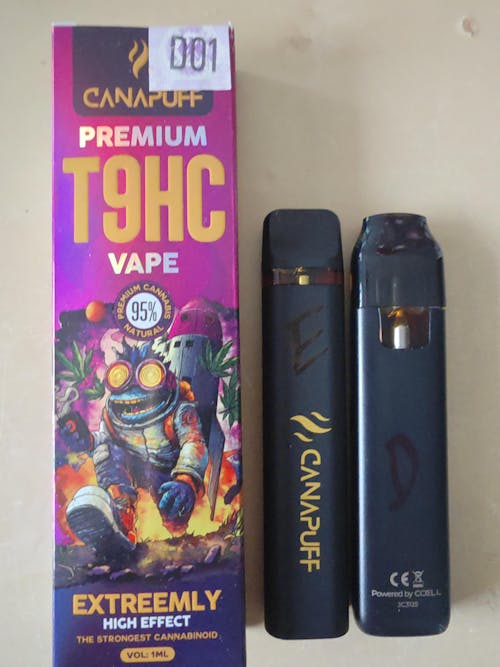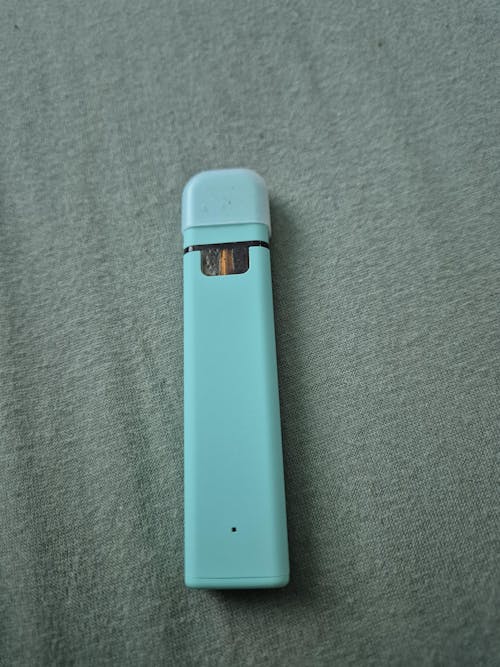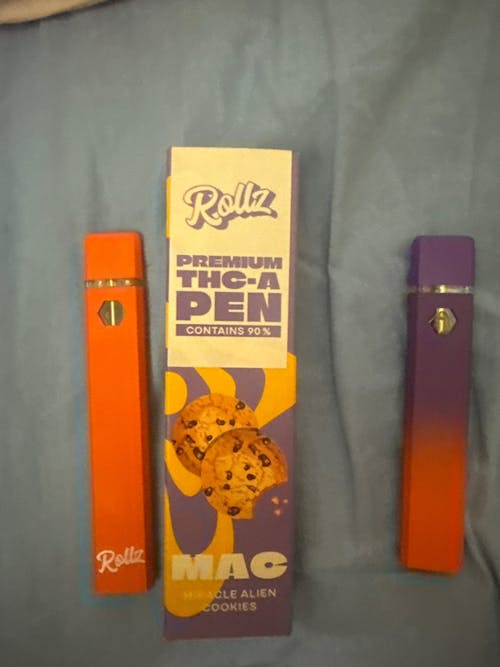Purple Haze plant
What is the Purple Haze Cannabis Plant?
The Purple Haze plant is one of the most legendary cannabis strains ever. Its trademark: an intense, sweet aroma, a purple-colored Flower – and uplifting, creative effects. No wonder it is so popular worldwide.
Typical for Purple Haze:
- Slightly sativa-dominant genetics
- Fruity-sweet scent with a spicy note
- Easy to recognize by the purple coloring of the Flowers
- Known through Jimi Hendrix's song of the same name
Where does Purple Haze come from? Origin, Genetics & Pop Culture
The exact origin is not clearly defined, but Purple Haze is usually described as a cross between Haze and Purple Thai or Afghani. It is sativa-heavy, providing a more invigorating high – perfect for creative activities or a good mood.
In pop culture, it has been a term since the Hendrix hit at the latest. The Wikipedia page on the Purple Haze Plant offers exciting background information.
How to Grow Purple Haze Outdoors? Tips for Outdoor Cultivation
The Purple Haze plant is ideal for outdoor cultivation – even in temperate climates. It is resilient, forgives minor mistakes, and delivers a decent yield with good care.
Things to consider:
- Location: As sunny and sheltered as possible
- Watering: Evenly, avoid waterlogging
- Soil: Loose, nutrient-rich, and well-aerated
- Pest Control: If necessary, with natural means like neem oil
Harvesting can usually begin at the end of September – and with a bit of luck, the plant will turn deep purple.
What is the Yield of the Purple Haze Plant?
The yield, as always, depends heavily on the cultivation method and environmental factors. Generally, you can expect the following:
- Outdoor: approx. 400–600 g per plant
- Indoor: approx. 350–450 g per m²
With Low-Stress Training (LST) or SCROG, you can achieve more indoors. Also, ensure good air circulation for optimal Flower development.











